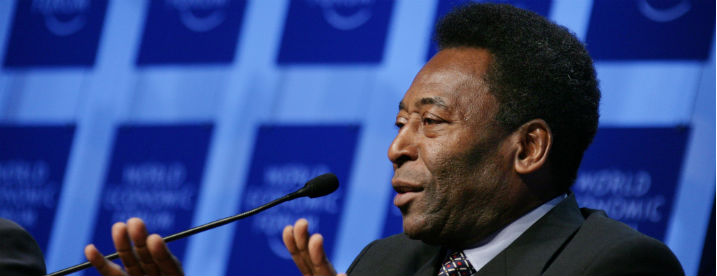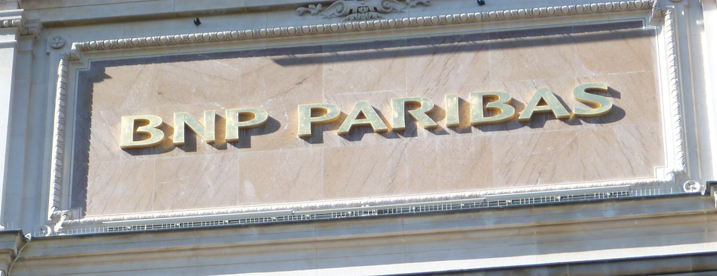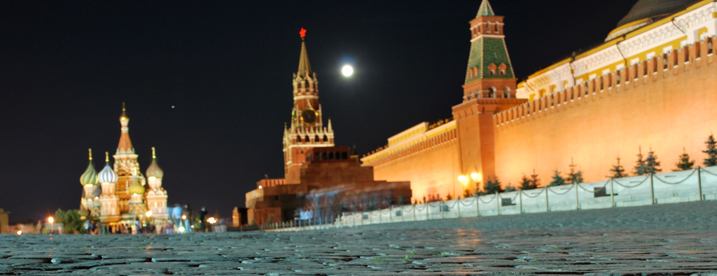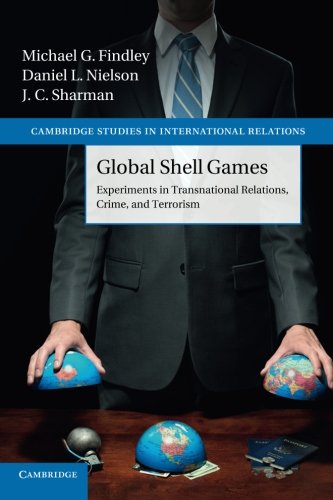By Grace Zhao, June 5, 2014

Pele’s son, Edinho, has been sentenced to 33 years in jail on money laundering charges.
Edinho, a former professional soccer player, was accused of using his father’s name to run businesses that conducted money laundering. Edinho was linked to drug cartel boss Ronaldo Duarte Barsotti, known as Naldinho, who allegedly controlled a large drug operation in Brazil’s southeast region.
Prosecutors say that Edinho connected the armed and the financial parts of the cartel and operated from the city of Santos, where he worked as a goalkeeping coach. According to a Santos-based newspaper, Naldinho and Edinho were tapped discussing the illicit money transactions by starting a new business.
By E.J. Fagan, June 2, 2014

Reuters has the story. Settlement negotiations are under way between New York and Federal law enforcement and BNP Paribas, to resolve allegations into whether or not the bank evaded U.S. sanctions. Reports have been circulating for a few days now that BNP Paribas could see financial penalties of up to $10 billion and may plead guilty to violating U.S. law.
Benjamin Lawsky, the Superintendent of Financial Services for New York State, is negotiating on behalf of New York. Previous money laundering settlements have resulted in much more modest fines, and little change at the senior level of of the bank’s management. Regulators may have expected banks to choose to fire senior management on their own following billion-dollar settlements in previous cases, but that did not materialize. This time, Lawsky does not want to leave it to chance:
“The details of settlement talks show how regulators are now demanding that bank employees be held personally accountable for their activities.
Lawsky, a former federal prosecutor who has extracted large penalties from other banks such as Standard Chartered Plc and Credit Suisse Group AG, has said he is making personal accountability a focus in his probes.
“If a bank commits a criminal act or if a bank commits serious regulatory violations, someone within that bank did it. The corporation is an inanimate thing,” Lawsky said last month.”
We’ll be monitoring this situation, but here’s a thought: will this rationale be extended to criminal prosecutions? Will Lawsky stop at requiring banks to fire individuals who committed crimes, or will they actually be prosecuted?
By Brian LeBlanc, May 23, 2014

It can be tough to impose economic sanctions against Russian citizens if you can’t find their money. Russia’s very complex relationship with tax havens could make this more difficult.
It is also tough to try to pinpoint exactly how much Russian money is being held in tax havens due to the fact that a lot of it isn’t reported to Russian officials/international organizations like the IMF (that’s the whole point of hiding your money in a tax haven).
The amount that is actually reported is pretty jaw-dropping. Approximately 61% of Russia’s $403 billion in outward Foreign Direct Investment (FDI) is held in tax havens:
Just to be clear, FDI is any amount of investment in a entity which gives the investor some control over that entity’s operations. So, if a Russian billionaire incorporates an entity in Cyprus (often these entities in tax havens are just bogus “shell” entities), and invests $1,000,000 into the entity, that will show up in the FDI statistics.
By E.J. Fagan, May 21, 2014
 On Friday, Global Financial Integrity hosted professors Michael Findley and Daniel Nielson to talk about their new book, Global Shell Games, Experiments in Transnational Relations, Crime, and Terrorism.
On Friday, Global Financial Integrity hosted professors Michael Findley and Daniel Nielson to talk about their new book, Global Shell Games, Experiments in Transnational Relations, Crime, and Terrorism.
The book follows their ground-breaking paper, Global Shell Games: Testing Money Launderers’ and Terrorist Financiers’ Access to Shell Companies, which was published in 2012. The authors approached nearly 4,000 services in over 180 countries in a random assignment experience designed to measure how difficult it was to convince a corporate service provider or law firm to create a shell company without proper identification.




 On Friday, Global Financial Integrity hosted professors Michael Findley and Daniel Nielson to talk about their new book,
On Friday, Global Financial Integrity hosted professors Michael Findley and Daniel Nielson to talk about their new book,